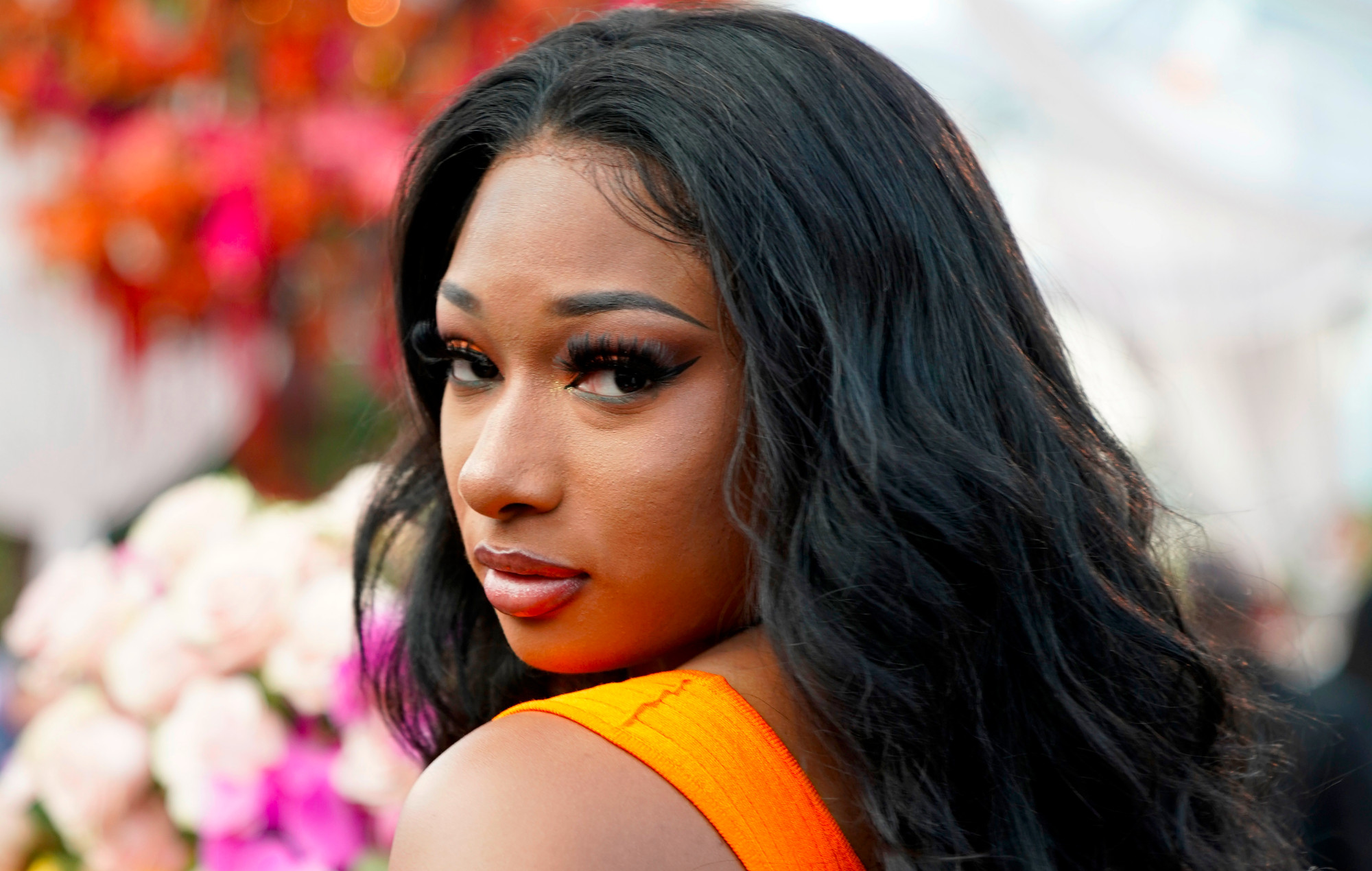
By 1983, with the cold war in resurgence, agents of subterfuge began to develop more sophisticated means of plotting their dastardly schemes. Swapping code words behind newspapers on park benches had become too obvious; now they met in low-lit speakeasies, handed their contact a 50 pence piece and asked them to put a song on the jukebox. If they returned having chosen UB40‘s ‘Red Red Wine’ – one agent singing the title, his contact replying with an impassioned “stay close to me!” – they were safe to lay out their plans for the revolution.
At least – with apologies to the MI5 rock blog surveillance bots that are blowing fuses right now – that’s the sort of thing Thatcher’s government thought was happening in the 1980s. UB40 drummer Jimmy Brown revealed last week that “MI5 were tapping our phones, watching our houses”, a fact previously exposed by whistleblower David Shayler, who claimed in 1997 that MI5 spent much of the ‘80s monitoring UB40, believing they were communists plotting to bring down the government. When ‘Red Red Wine’ hit Number One, Thatcher must have been having soft-reggae nightmares of sabres at the gates. No doubt they also had Simply Red and The Comm(ie)unards in their sights, and trailed anyone buying Chris De Burgh’s blatant tribute to the Chinese Red Army’s only female general Zhang Qinqiu, ‘The Lady In Red’.
As ludicrous as it seems that the authorities would be so concerned about a self-described “bunch of potheads, smoking weed and playing music, talking about solving the world’s problems”, as Brown put it, the more manipulative and oppressive governments have had good reason to distrust pop culture. Creative types were the uncontrollable freaks who turned a generation against war and selfishness in the 1960s, who – beginning in the ‘70s – instigated a ‘velvet revolution’ which would topple the communist regime in Czechoslovakia, and who were massing against the many inhumanities of Thatcherism behind the Red Wedge flag in the ‘80s. If, as Thatcher was, you’re in the business of dividing and crushing the working classes to advance a media-backed neoliberal agenda designed to suck wealth eternally upwards, a multi-cultural bunch of Birmingham potheads smoking weed, playing music and talking about solving the world’s problems is exactly what keeps you awake nights.
Since the FBI first put jazzmen such as Duke Ellington and Nat King Cole under surveillance as part of their COINTELPRO program to suppress advances in civil rights, or for supposedly advocating communist or anti-war groups (Ellington was monitored for forty years, right up until his death), music has been a major battleground in governmental wars for ideological control.
Many FBI targets have (surprise, surprise) been black; from The Jimi Hendrix Experience believing that drugs were planted by the authorities who busted them in Toronto in 1969 due to the fear of black cultural emancipation, which Jimi and his music instilled in southern America, to the widespread tracking of rebellious or politically motivated rappers including Tupac, Biggie, Easy-E and the Wu-Tang Clan, who were deemed a “major criminal organisation” in their FBI files. But John Lennon also earned a file for his anti-war declarations (as did many big names of the 1960s counterculture), while it was anti-capitalist sentiments and support for the Reclaim The Streets movement that convinced Thom Yorke he deserved his own file in 2001. And perhaps why he began writing all of his song titles in encrypted, indecipherable code.
Even as clean-cut an act as The Monkees were investigated, thanks to what their report described as “‘subliminal’, ‘left wing’ and ‘anti-US’ images about the war in Vietnam”. Dark and terrifying stuff, but when governments have gone one step further and tried infiltrating music for their own nefarious ends, their genetic Mumford-ness has ultimately foiled them. When they needed someone to spy on Fidel Castro in 1997, in preparation for the post-Castro era, MI6 allegedly approached 1960s heartthrob Adam Faith rather than, say, anyone Castro might conceivably have wanted to get hammered in his classified file bunker with. And a podcast by The New Yorker’s Pat Radden Keefe recently investigated whether the CIA set out to undermine the Soviet Union by writing The Scorpions’ ‘Wind Of Change’. Side order of runny cheese with your espionage, sir?
Rather than waste time on such slapdash efforts to track and undermine rebel music, however, as the cunning and oppressive forces of neoliberalism became more sophisticated, they’re now trying to cut it off at source. It’s no accident that the arts and its workers were woefully supported through lockdown, nor that plans were unveiled last week to cut half of the funding to university arts subjects. “I think it will really just put off people from a certain background,” Jarvis Cocker said of the news, “and that’s a pity because it’s about mixing with people with different ideas, and then you get this cross pollination of stuff that makes things happen.”
Which is precisely the point. Free-thinking, cross-pollinating artists ‘making things happen’ is the last thing a Tory government wants (particularly one that seems to have got away with 120,000 COVID deaths, while the Brexit-y half of the country are blaming all of their failings on lockdowns and the ‘opposition’ have spent most of the pandemic cartwheeling along the sideline waggling pom-poms and yelling, “Go Boris!”). Time for a Fat White Family rework of ‘Red Red Wine’? Here’s 50 pence for the jukebox.
The post UB40 aren’t the first or last act to be monitored by spooks: a brief history of music under surveillance appeared first on NME.



